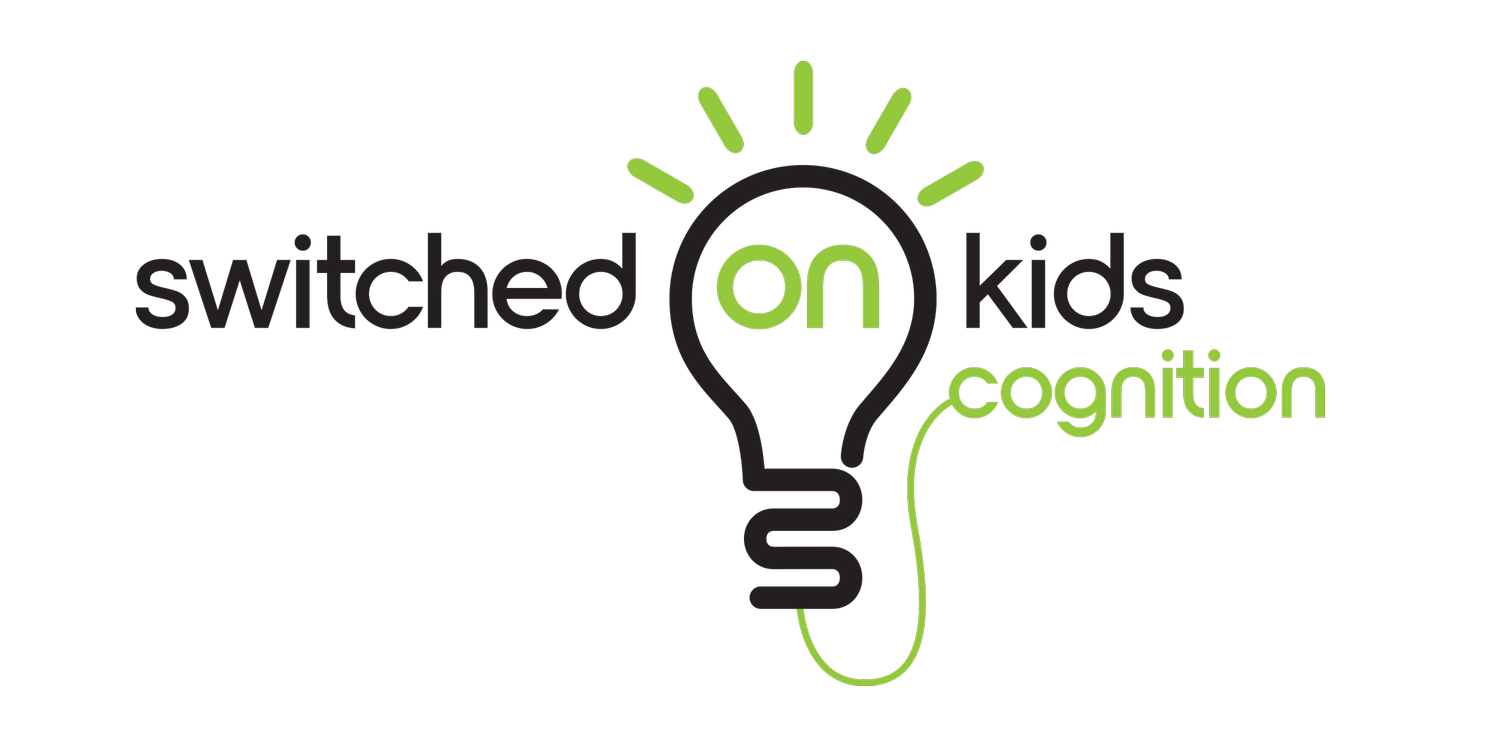Sensory processing
Sensory processing differences are often associated with neurodivergent conditions and mental health conditions.
Friendships
Friendships can be challenging for neurodivergent children who often struggle with social executive function skills. However, there are many things that we can do to ensure that children have the support they need to be able to make and keep friends.
Adult ADHD
ADHD is highly heritable. Many women find themselves seeking a diagnosis after their child has been diagnosed and they realise they have many of the same symptoms. This blog explores the prevalence rate of adult ADHD and the association between ADHD and dementia.
The senses
Synaesthesia represents a unique cross-wiring, or mixing of the senses. Individuals with synaesthesia often experience letters of the alphabet, numbers, words and music in colour. Synaesthesia is more common in autism and may be associated with better memory.
Giving children a voice
Neurodivergent children often have language difficulties. This can affect their friendships, academic skills and long-term mental health. Providing these children with understanding and support is vital.
Getting Dads involved
Getting Dads involved in counselling sessions is incredibly rewarding!
Working with scary thoughts
Anxiety, intrusive thoughts and OCD are not uncommon in children with ADHD and autism. There are many ways that we can support children who are struggling with anxiety and OCD.
Scary thoughts
OCD is a neurodevelopmental disorder that often co-occurs with ADHD and/or autism. OCD is often overlooked as children are reluctant to talk about their “scary thoughts” and/or parents/professionals may be focused on other symptoms. It is important that OCD is recognised and children are given the support they need as early as possible.
Parenting styles
If you are parenting a neurodivergent child you will come across a range of conflicting parenting advice. An authoritative parenting style is backed up by decades of research and most likely to help you parent your neurodiverse child (ADHD, autism, OCD, anxiety, DLD).
Executive function skills and screentime
High level executive function skills are needed to manage time online. For example, planning, organisation, response inhibition, cognitive flexibility and emotion regulation. These skills can also be difficult for adults.
Prevention
Mental health conditions are not inevitable. We know the risk and protective factors. Children with ADHD, autism and DLD are at higher risk of comorbid mental health conditions, however there are many things we can do to help prevent or decrease the impact of these conditions.
When to seek help
Counselling can be incredibly helpful for parents of children with ADHD autism, DLD and other difficulties.
Are our kids okay?
Are our kids okay? Latest statistics show a sharp increase in the number of children presenting with anxiety, ADHD, depression and difficulties with peers. My latest blog explores these statistics and the things we can do to best help and support our kids.
Mental health skills for kids
Kids do talk about mental health challenges. It is important that we know what to say when kids ask us questions about mental health. It is also important that we know what factors drive mental health skills.
Have you heard of DLD?
98% of Australians have heard of ADHD, ASD and dyslexia - however very few people have heard of DLD - a common, but hidden neurodevelopmental disorder.
Regulation
Self-regulation is a high-level executive function skill that takes many years to develop.





















